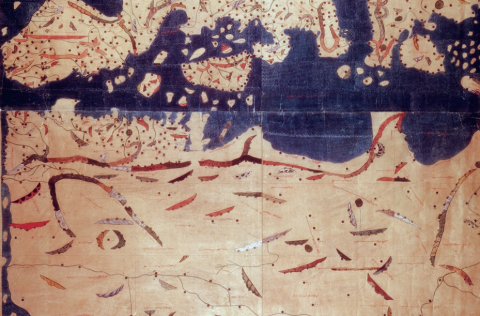
Practical information
Themes and regions
Related centers and programs
This is a private event.
Learn more about our corporate support packagesProgramme prévisionnel :
9h-10h : Discours introductifs
Mansouria Mokhefi, responsable du programme Moyen-Orient/Maghreb de l"Ifri
Jean-Pierre Chevènement, sénateur du Territoire de Belfort, co-président du groupe de travail Sahel de la Commission des affaires étrangères, de la défense et des forces armées du Sénat
Alain Antil, responsable du programme Afrique subsaharienne de l"Ifri
10h-12h30 : Table ronde I
Vers une nouvelle géopolitique du Sahara
Présidence : Zyad Limam, président et directeur des rédactions, Afrique Magazine International
Jean-François Daguzan, directeur-adjoint, Fondation pour la recherche stratégique, directeur de la revue Maghreb-Machrek
Bakary Sambe, enseignant-chercheur, centre d'étude des religions (UFR-CRAC), université Gaston Berger de Saint-Louis, Sénégal
Salim Chena, ATER, Sciences Po Bordeaux
Wolfram Lacher, chercheur associé, Département Moyen-Orient/Afrique, SWP, Berlin
14h30-16h30 : Table Ronde II
Redéfinir le paysage des migrations
Présidence : Christophe Bertossi, directeur, Centre Migrations et Citoyennetés, Ifri
Michel Peraldi, directeur de recherche, Ecole des hautes études en sciences sociales (EHESS), Paris
Stéphanie Pouessel, anthropologue, Institut de recherche sur le Maghreb contemporain, Tunis
Ali Bensaâd, maître de conférences, université Aix-Marseille, enseignant-chercheur, CNRS-IREMAM, Aix en Provence




